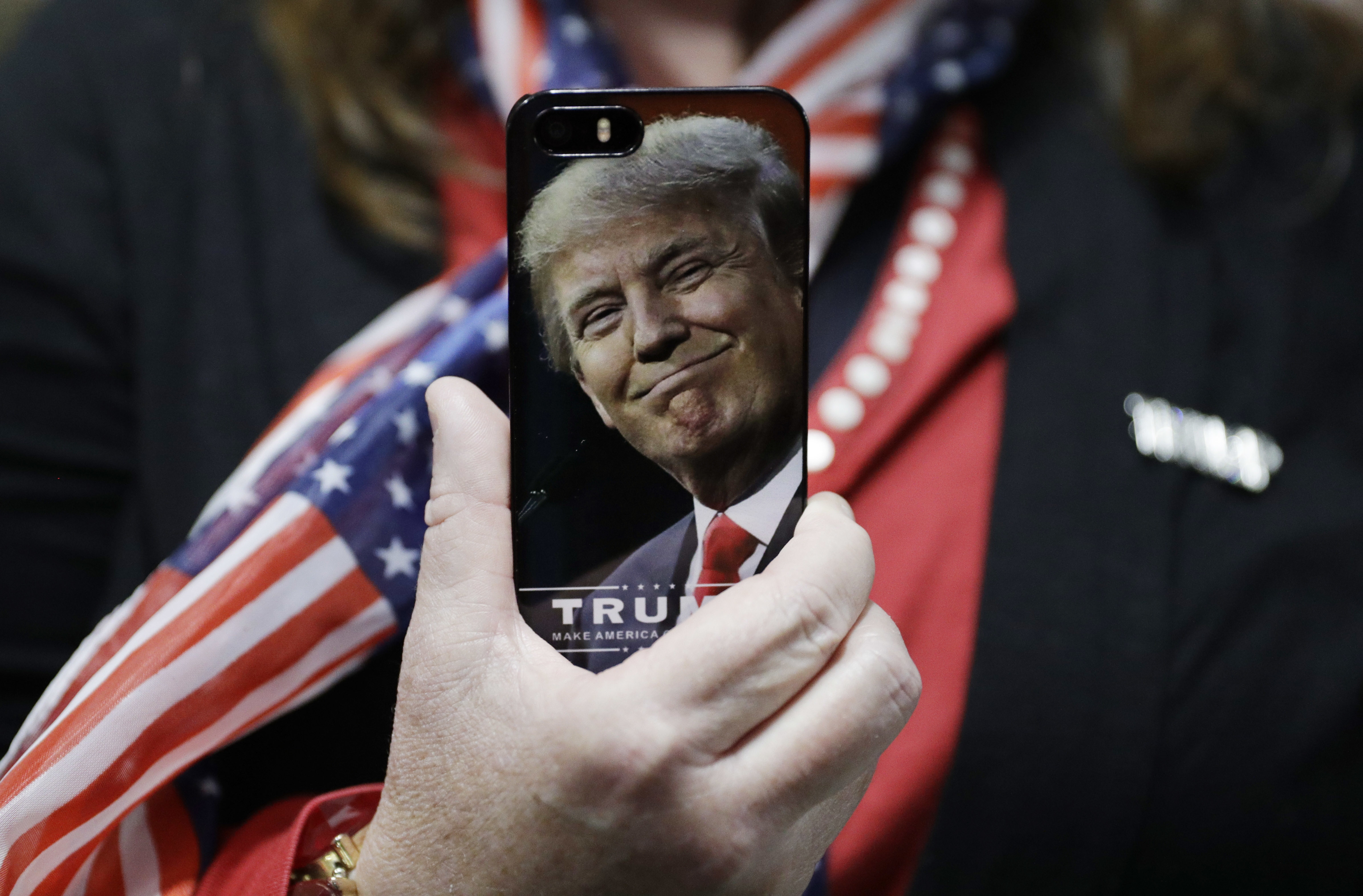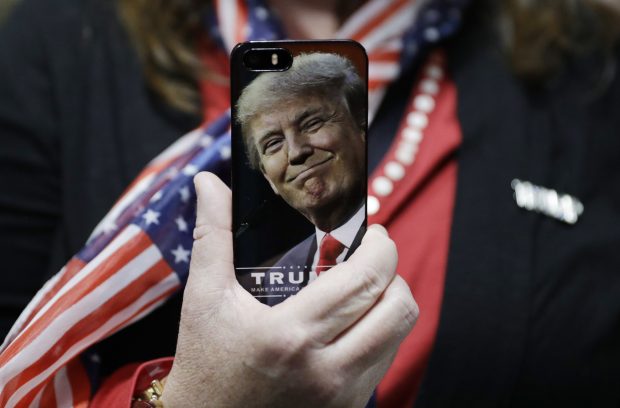
Trump and Asia

Bernard Rowan – The Korea Times
I didn’t think Trump had a chance. His campaign rhetoric didn’t reveal much knowledge of global affairs. Beyond the pedestrian, it showed a demagogue hell-bent on thumping illegal immigrants and socking it to convenient enemies. However, Trump did win, and he’ll soon raise the hand as the next American President. There’s no better way to learn that serving as President isn’t the same as running for president than occupying the office.
Trump will serve as the Commander in Chief and Chief Diplomat for a dizzying array of American threats and opportunities. Russia, Iran, ISIL and global terrorism, climate change, and the Arab-Israeli conflicts stand out. However, the Obama “pivot to Asia” will need Trump and Co.’s time. It’s fashionable now to say that Trump is unpredictable. Chief executives court disaster when they sow misperception. Of course, he’s not even started, so there’s no pattern. Nonetheless, a few predictions and speculations stand in order about Trump and Asia.
Trump suggests he’ll be a zealous supporter for U.S. interests and more even profit and burden sharing in trade deals and alliance maintenance. He’ll have to fix his vision through policy proposals and diplomatic stances. I think he’s serious about preserving American military power and will work to increase defense spending.
America can’t afford a three-front (or more) world morass of spending: China/N. Korea/Asia, Russia/Europe, and Middle East/ISIL/global terrorism. While the U.S. aims for interests on these fronts, three expensive policy areas compete with an American economy still seeking its 21st foothold. His supporters expect action at home before action abroad. Playing the “scapegoat the foreign powers and problems” routine has limits, even for a qualified isolationist.
China. I mean can one afford alienating this rising superpower? Internationally and regionally, Trump’s limited insurance is the significant interdependence of the Chinese and American economies. I don’t think the phone call with Taiwan forecasts a major gambit. U.S interests do want checking Chinese ambitions in the South China seas. In the end, there’ll be a renewal of trade arrangements with modest U.S. gains. Trump will make concessions too. There’s a chance Trump can envisage a better Sino-American accord, but he’ll have to build trust first.
N. Korea. I don’t think resolving the division awaits Trump meeting with Kim. The South Korean presidential interval suggests status quo. Look for Trump to talk about burden sharing with US-ROK. The North faces her own internal issues, and any stupid moves will meet with a response.
Japan. Trump is friendly with Abe so far, just as was Obama. Abe wants to further his nation’s slow return to military participation. His economy needs a positive global image on which to build. The United States can ill-afford a full tilt to Japan. That would alienate Korea and China. Yet, there’s a need to work with this large and important global economy and a military ally as well.
Trade. I hope Trump works to further American manufacturing through international trade arrangements. Gone are the days of autarkic national economies. Connected global markets suggest a quick primer in the law of comparative advantage. Trump will work to further uphold U.S. interests in trade disputes.
South Korea, under the interim president and beyond, should continue to build positive trade relations with all comers. I think it’s important that Seoul not mimic any contrary short-term Trumpian impulses. Our two countries should work to shore up and develop further their second-and-third tier business chains through visionary agreements in technology development, including green technologies. The South can continue to exert a mediating leadership among the great powers and assume leadership in regional arrangements and issues. It’s time for Seoul to assume greater responsibility and authority in our military alliance. This plays to Trump’s rhetoric. Seoul has laid the groundwork for many profitable and stabilizing arrangements with other Asian nations in trade and cooperation.


